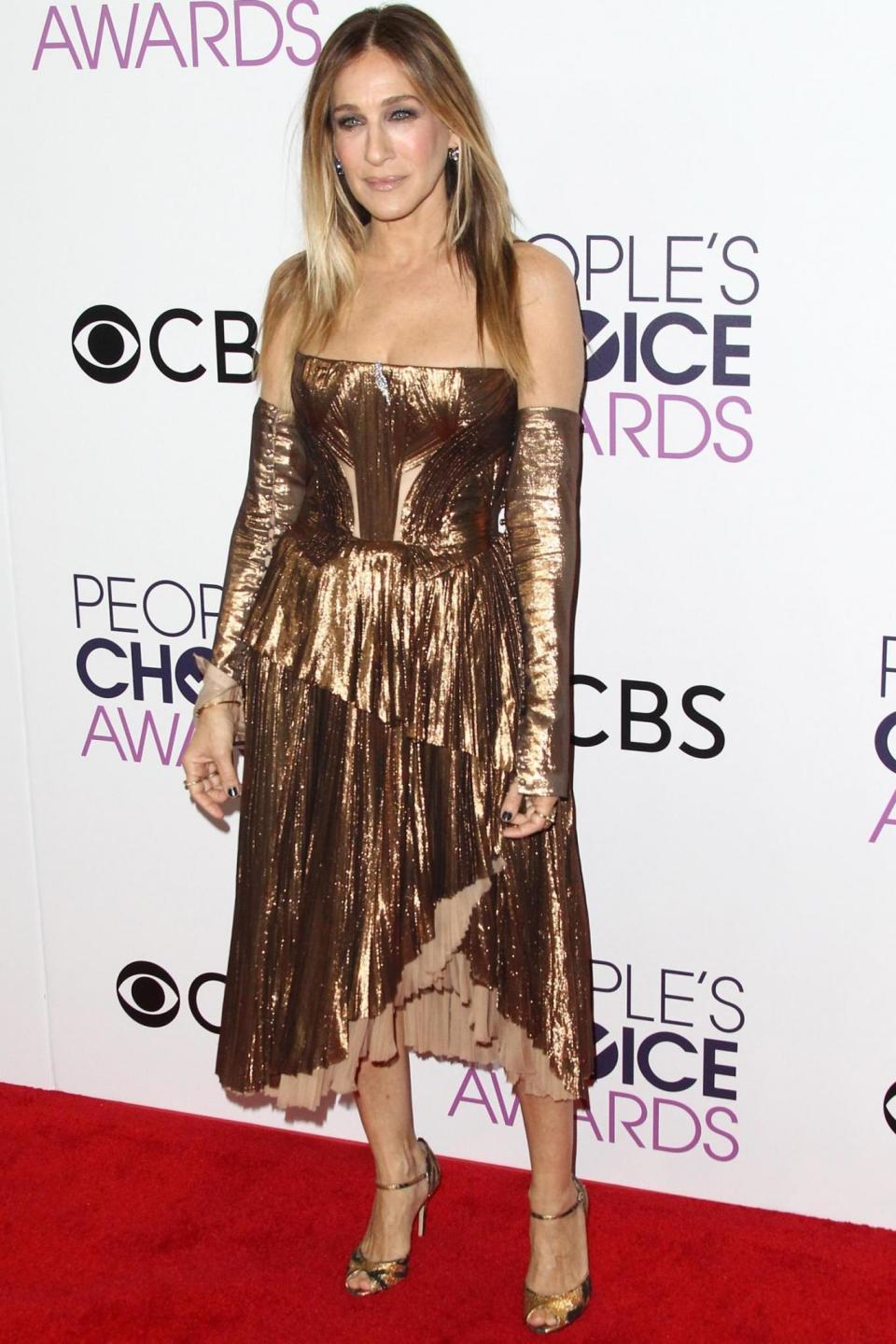Why publishing imprints are the new status symbol for celebrities

Halt the prematurely-penned memoirs. Cease the incessant flow of children’s books and Young-Adult novels by famous folk (or their ghostwriters). For now the ultimate status symbol for celebrities with literary pretensions is the publishing imprint.
The first book from Lena Dunham’s Lenny imprint at Random House came out earlier this month. Sour Heart by the poet Jenny Zhang is a collection of short stories about Chinese-American girls growing up in New York. Dunham, the writer/ actress/ producer/ director of the HBO show Girls, clearly felt there weren’t quite enough slashes in her job title.
In June, the actress Sarah Jessica Parker bought her first title as editorial director of SJP for Hogarth, an imprint of Penguin Random House. It was a debut novel by Fatima Farheen Mirza called A Place for Us. Published in 2019, it tells the story of a Muslim family in California ahead of their eldest daughter’s marriage.
Johnny Depp runs one for HarperCollins, while Oprah has one with Flatiron Books. Inevitably, Gwyneth Paltrow has a Goop empire add-on, Goop Press at Grand Central Publishing. While this trend hasn’t really crossed the Atlantic yet, Jarvis Cocker is editor at large at Faber. “There are a few men in London publishing who’d rather be working in the music industry,” says one industry old hand. “That probably explains that hire.”
Publishers clearly believe the celebrity imprint shifts books, helped by their social media following and newsletters. Their role is usually a marketing one: the famous also know how to “sell” themselves in a way writers often struggle to.
“It’s mostly a pretence they’re actually publishing it,” says Tom Tivnan, features editor of The Bookseller magazine, whose debut novel The Esquimaux was published last month. “They are farming it out to people, in the same way Paltrow doesn’t try every lotion she sells through Goop.”

There’s a sniffiness in the publishing world about these appointments. When Penguin announced Parker’s appointment, the press release stated she was “launching a new line of fiction books”, making it sound like a shoe collection. No one in publishing talks about “lines of books” — they talk about lists. “Virginia Woolf [who founded Hogarth Press] must have been spinning in her grave,” was how one insider greeted the news.
Another literary agent describes it as “risible” that celebrities choose what’s published (though she was swift to praise others — such as the YouTube star Zoella — who use book clubs to get their fans reading). “Where do these celebrity publishers get books from? Their friends. And how exactly would I submit a book to Sarah Jessica Parker?” she asks.
Richard Besick, publishing director at Little, Brown calls the celebrity imprint “a bit of a gimmick” but adds that it “nevertheless can be quite a clever one for the publisher. It could be very worthwhile to allow Jarvis Cocker or Lena Dunham to commission a couple of books as, effectively, the price of you publishing theirs.”
Tivnan adds: “A lot of these celebrities don’t actually seem to produce many books. This is a brand extension exercise for them and it helps their egos. It’s good for a celebrity who thinks they’re an artist, because it has cachet. And for publishers it’ s a slightly cynical way to sprinkle celebrity stardust.”
But all imprints are not created equal, he adds. “Oprah has been embedded in books for a decade-and-a-half; Dunham is already in that space with Lenny Letter [her newsletter] and her constituency is well-read millennial women. I imagine those two will get best-sellers and it’s a lot less cynical than others.”
Tivnan sees this as part of a wider change in publishing, where the big conglomerates don’t want to be seen as titans so they’ve divided staff up into smaller groups: “It’s about how they relate to their readers — people want an imprint to have a personality. Celebrities bring that. When Bruce Springsteen’s memoir came out last year, Simon & Schuster effectively created an imprint for him — instead of S&S the logo was Springsteen jumping in the air.”
For the literary-minded celebrity, there’s always another step. Viggo Mortensen owns an independent publishing company, Perceval Press, which focuses on art books and poetry. “I respect that — it’s brave,” says Tivnan. “It isn’t just about his ‘brand’.”
The difference is, Mortensen has poured his own cash in. How many other celebrities are such lovers of literature they’d put their own money where their marketing mouth is?

 Yahoo News
Yahoo News 